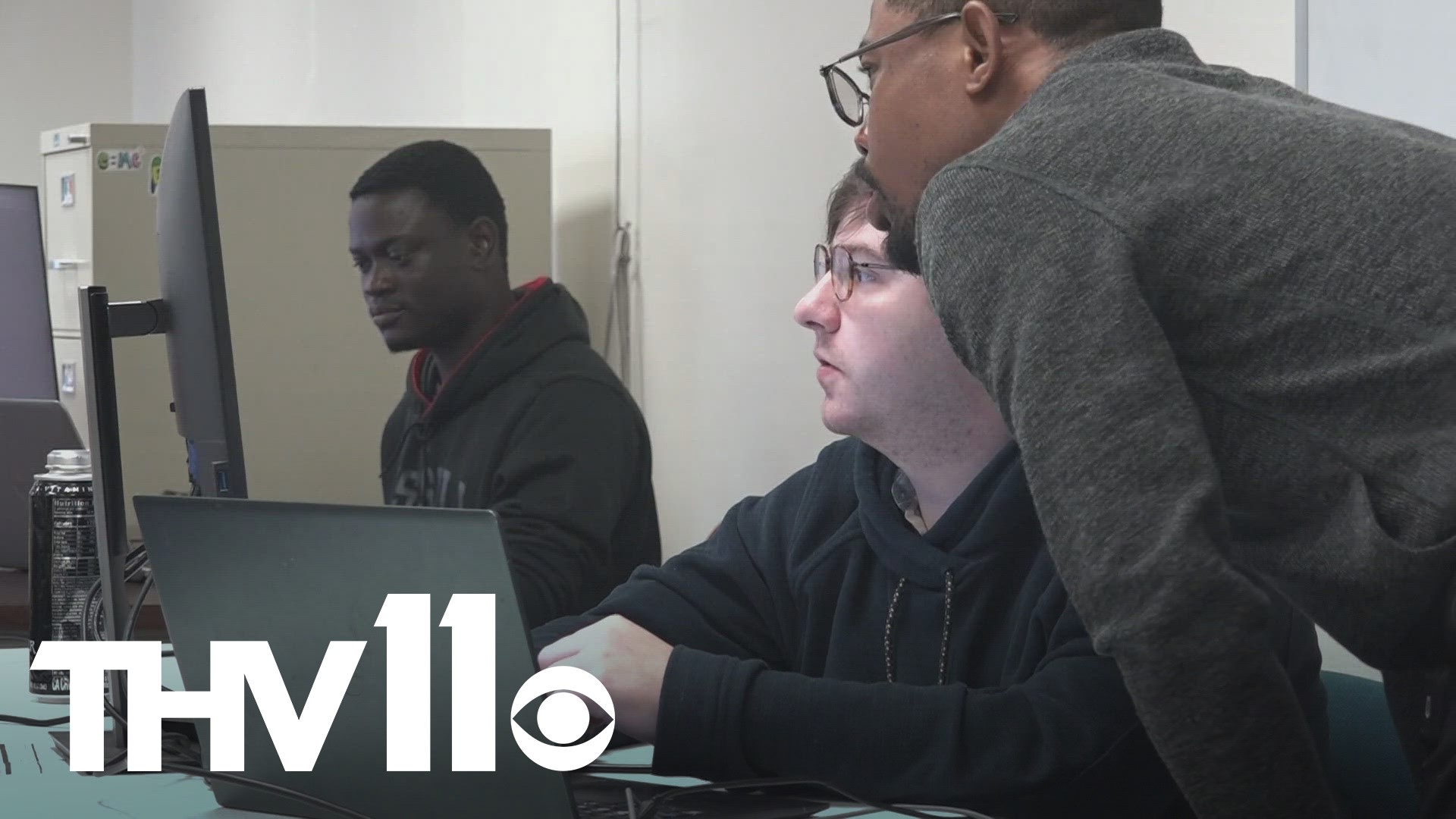LITTLE ROCK, Ark. — Social media is a big part of our lives, and with that comes the increased risk of cyber threats and misinformation online.
A new $5 million grant is helping UA Little Rock combat threats online.
"This grant will help us scale our research efforts into looking at newer forms of social media platforms, particularly multimedia-rich platforms, like Instagram [and] TikTok," UA Little Rock Information Science professor Nitin Agarwal said.
The grant comes from the Army Research Office and will help students combat the spread of misinformation online.
"People can be misled to believe certain narratives, and their actions and behaviors can be influenced," Agarwal said. "Our research is going to develop methods to identify influence campaigns and evaluate the impact of those influence campaigns as they are happening in these platforms."
Agarwal explained that these influences can have a negative impact. It's something he's seen several times in his past work with NATO.
"Influence campaigns can coerce individuals into believing certain ideologies, pushing them into staging protests," Agarwal said. "Sometimes those protests could become violent."
According to Agarwal, those influences can even cause a shift in the economy.
"Such actions can destabilize a country's economy, stability and social economic stability," Agarwal said. "It is very important for us to look at these emerging threats. We call them emerging socio-cognitive threats and develop ways to strengthen our community's resiliency towards these attacks."
The new program will teach students to find solutions and see the threats in real-time.
"This gives our students a tremendous opportunity to work on these multidisciplinary problems and engage with operationally relevant individuals," Agarwal said. "Whether it is with our defense department, or NATO or our partners in the Indo-Pacific region, it also gives them this cross-cultural context and multidisciplinary view of these problems as they're happening in the real world."
The award will also help with the cost of high-speed servers to help process data quickly while funding 15 student research slots and other jobs in the department.

